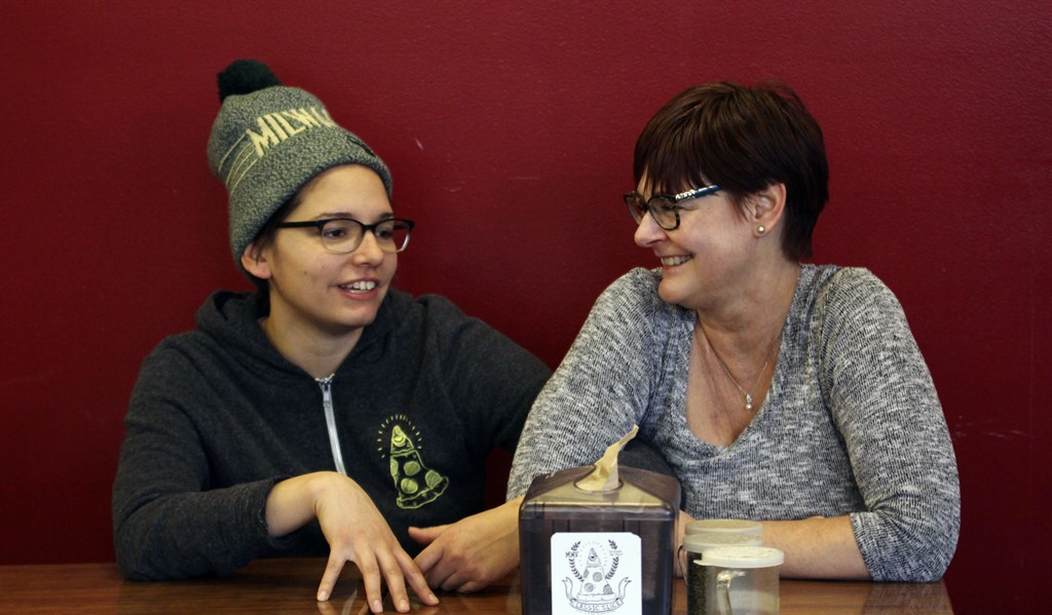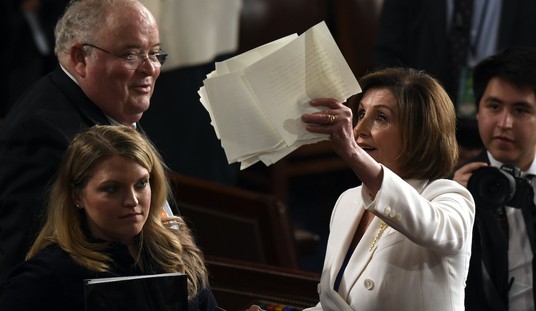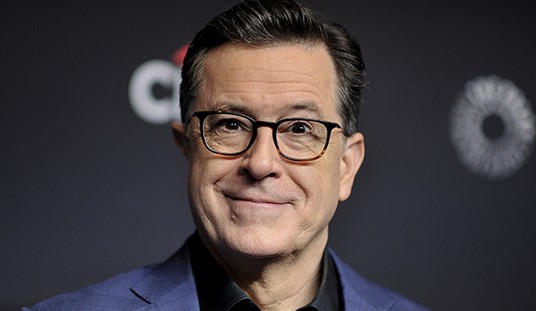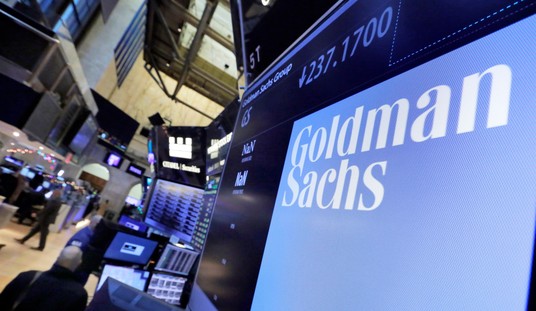Born between 1981 and 1996, Millennials are gaining the same prominence as Baby Boomers once had. This generation is fully into adulthood, some with families of their own, and their mores and habits are being more closely studied, particularly since they are the driving force behind consumer spending and societal changes. Millennial spending habits, in particular, have become a source that not only is transforming marketing and advertising but also driving the decline of certain business models, for better or worse.
The Millennial generation defines themselves as financially stressed. This generation was in college or just starting out in their adult lives when the 2008 financial crisis occurred, so massive student loan debt, the vagaries of the market, and the increasing cost of living in most major cities have inured them to a lack of trust in financial systems and traditional pathways.
This has not necessarily decreased their spending, but they make different choices on what they choose to spend their money on. Millennials seem to prioritize small, portable, or tangible items versus furniture, automobiles, and real estate. Bitcoin and digital currency are typical purchases versus savings, stocks, bonds, and mutual funds.
Millennials also put a high premium on experiences over acquisition. Think about the explosion of the concert industry and major music festivals worldwide. This is driven by Millennials. They will spend thousands to see Taylor Swift with their friends but claim they cannot afford a car payment or a mortgage. Hence the rise of rideshare, bike and scooter rentals, Airbnb, and other forms of rentals over practical or luxury items.
Millennials and Gen Zers are pulling in bigger paychecks than before the pandemic, but much of their spending power is fueling short-term purchases like groceries and vacations, not savings, per NBC.
— unusual_whales (@unusual_whales) February 26, 2024
As of 2023, millennials are the largest generation in the US, with massive spending power that is only poised to grow as they get further into their careers. While millennials were the brunt of many jokes for years, they are now a force to be reckoned with—and retailers need to adjust their strategy to appeal to millennial consumer behaviors.
The fact that Millennials prioritize shopping online has also driven consumer and business sentiment. Fifty-eight percent of Millennials engage in online shopping versus 52 percent of Gen Z, 51 percent of Gen X, and 45 percent of Baby Boomers. The shopping habits of Millennials are driving the decline of certain business models, like grocery stores.
One of the most popular activities for young families is going to the supermarket together and “hunting” for various foods for the week. This activity has obviously declined considerably in the last few decades, largely due to millennials refusing to start families, or leave their homes, for that matter. Nowadays, you can just open an app and get everything you need delivered to your home. In fact, Amazon is actively pursuing a future where consumable products are automatically purchased, delivered and replaced in your fridge the moment they run out.
If you have noticed your local grocery stores prioritizing pickup spaces and DoorDash orders, then you are recognizing their pivot to cater to the changing face of retail. Gone are the packed lines and busy aisles, replaced by giving space to the convenience of Grab and Go and delivered options. Millennials are more inclined to order off the app and insist the structure of a grocery app be designed to their needs and wants. I am old school: I love roaming the aisles of grocery stores. As a Gen Xer, I mostly use the grocery app to locate items and discover coupons and deals. Millennials, on the other hand, use it for the actual shopping experience to conserve their time and energy for other endeavors.
Some other Millennial buying habits that have changed the face of industries are tiny homes and tiny trailers versus a mortgage. Millennials are not purchasing homes. Some of this is high interest rates and the high cost of living in most markets. Some of this is that Millennials are focused on minimalism. Environmental consciousness has been drilled into them, so they look to make a smaller footprint, look to create less waste, but also desire more flexibility. It is more difficult to take gigantic vacations every year when you're chained to a mortgage or car payment. Since a majority of this generation does its socialization outside of the home rather than inside of it, their need to have a space to entertain is not topmost in their mind. Some Millennials are even choosing to live portably, converting trucks, trailers, and RVs to act as their living and working spaces, while having the ability to live in different regions and states of the country.
The lesson here is learning to live more simply. I still want to own real property, but I don't necessarily need to fill it with things—especially at my age. After divesting ourselves of most of our furniture for our cross-country move last Summer, I am being very judicious about what we truly need to purchase to fill this new home and what is unnecessary.
Another industry that is being driven out by Millennial spending habits is casual dining. Chains like Applebees, Olive Garden, and Ruby Tuesdays are shuttering their locations. Part of this is a result of the death of big box outlets and shopping malls, and part of this is the fact that Millennials are supporting local and artisanal eating experiences, and they are willing to pay money for it. This is also the generation that seems to be rife with food allergies and autoimmune diseases, so the fact that they are rejecting larger chains with standardized food practices and cheaper ingredients for more health-centric and customizable eating experiences is no great surprise. The restaurant chains that are pivoting and gaining traction are the ones that are transparent with their ingredients list and offer the ability to tailor food preferences. The lesson here is that perhaps it's time we pay more attention to what is going into our bodies and give priority (and our money) to places that focus on whole and wholesome foods.
Luxury goods are still on Millennials' lists; they’re just renting them instead of buying. Why own a Tesla when you can rent one for the weekend? Why buy a fancy dress or a business suit that you use every once in a while when you can simply rent them for the evening? If Millennials do choose to purchase luxury goods, their biggest category are fashion items and electronics. Hence, the newest iPhone still gets lines outside the Apple Store, and yes, Sneakerheads will indeed pay $399 or more for Trump sneakers, Nike, and Adidas. If you're connected to an app, even better. PoshMark and ThredUp are doing bang-up business thanks to this Millennial cohort, as opposed to other generations.
So, while Millennials appear to be changing the face of certain industries, it is really about industries learning to pivot and market to this generation of consumers and their tastes. Millennials are more inclined to purchase an item seen on social media, and while they choose online more readily, they are not opposed to brick-and-mortar experiences that cater to their wants. So, the industries that offer convenience, prioritize personalization, and embed experiences along with amenable price points will not only engage this generation and its purchasing power but potentially create new pathways and new ways to purchase for every consumer. Like the Boomers in their day, Millennials are now the generation driving spending and culture, for good or ill.













